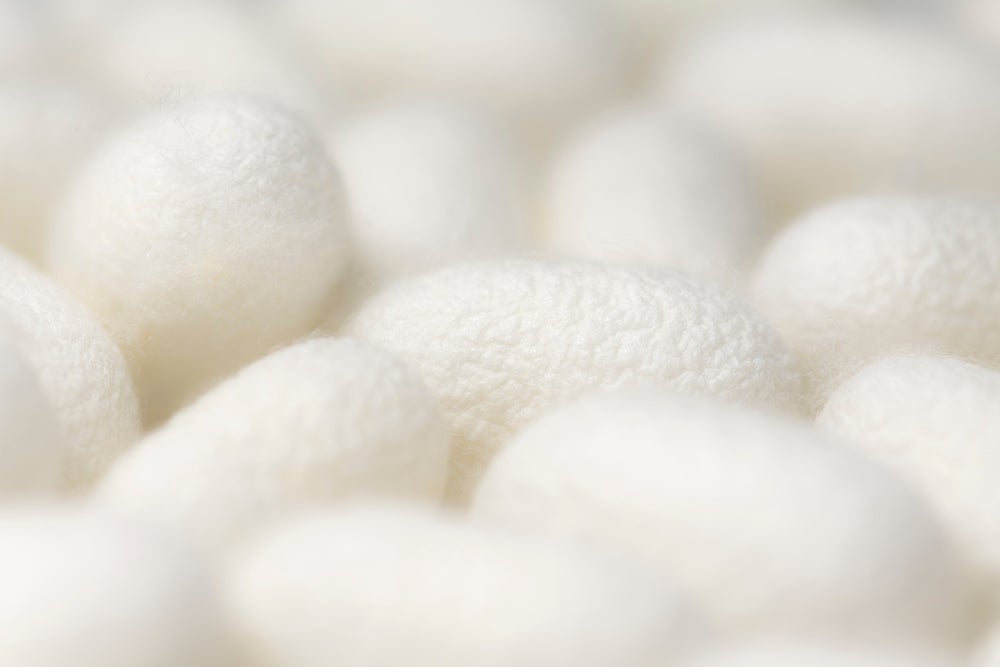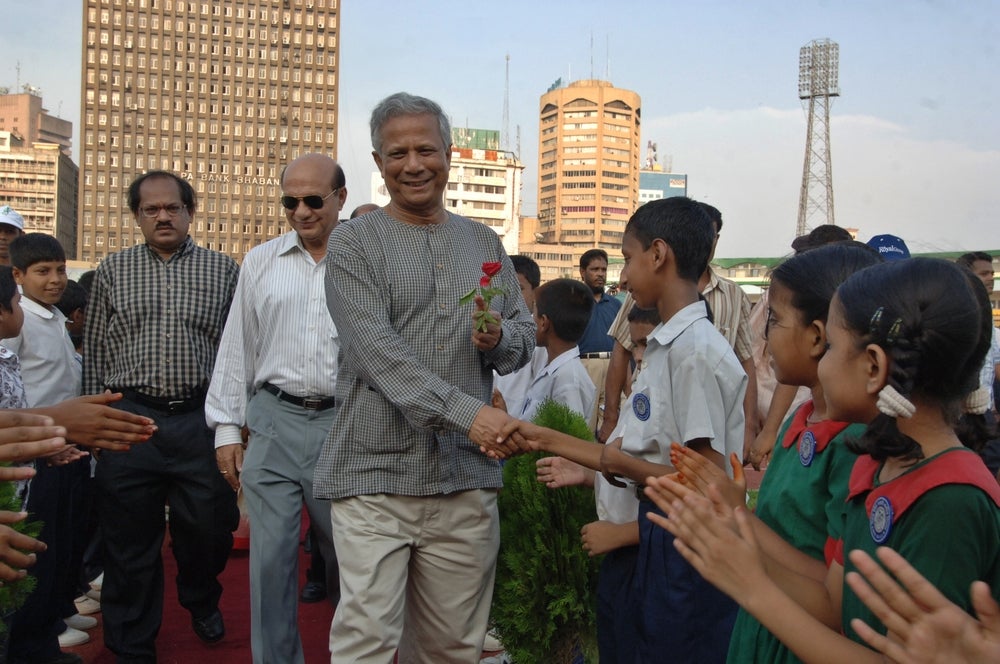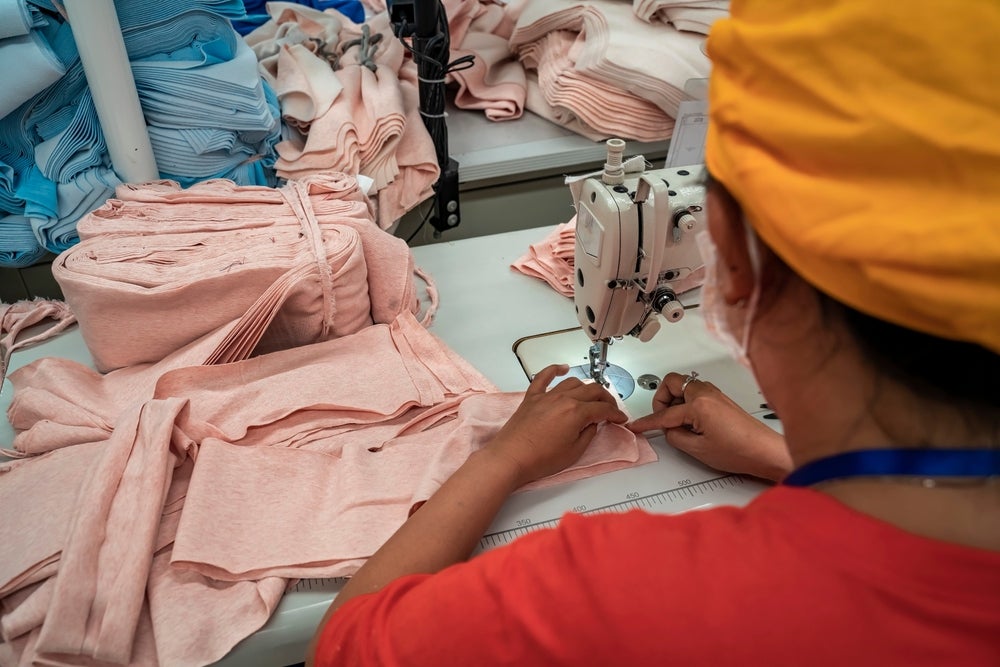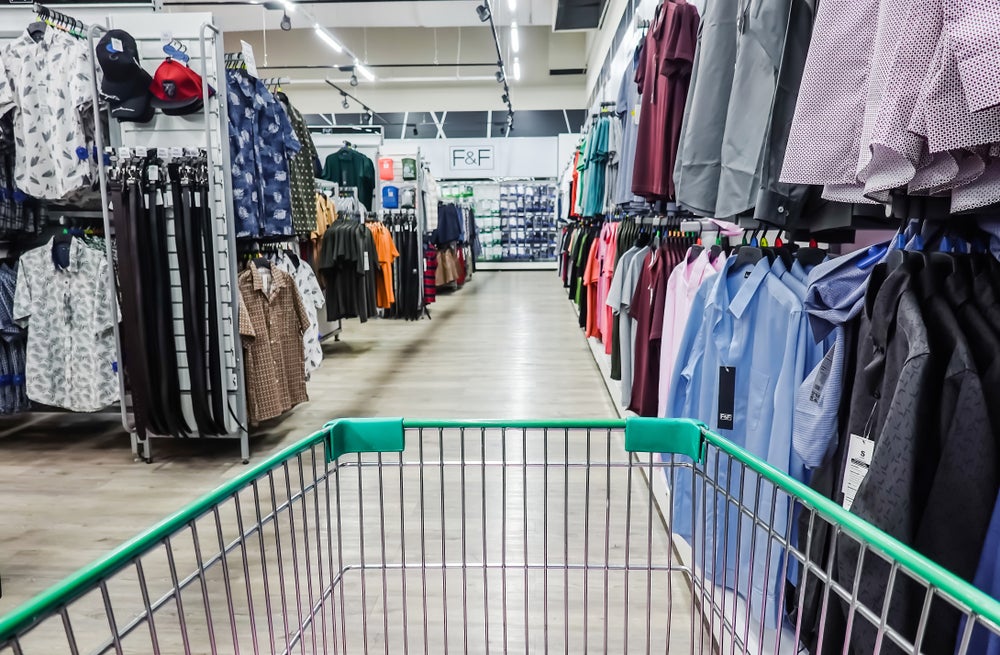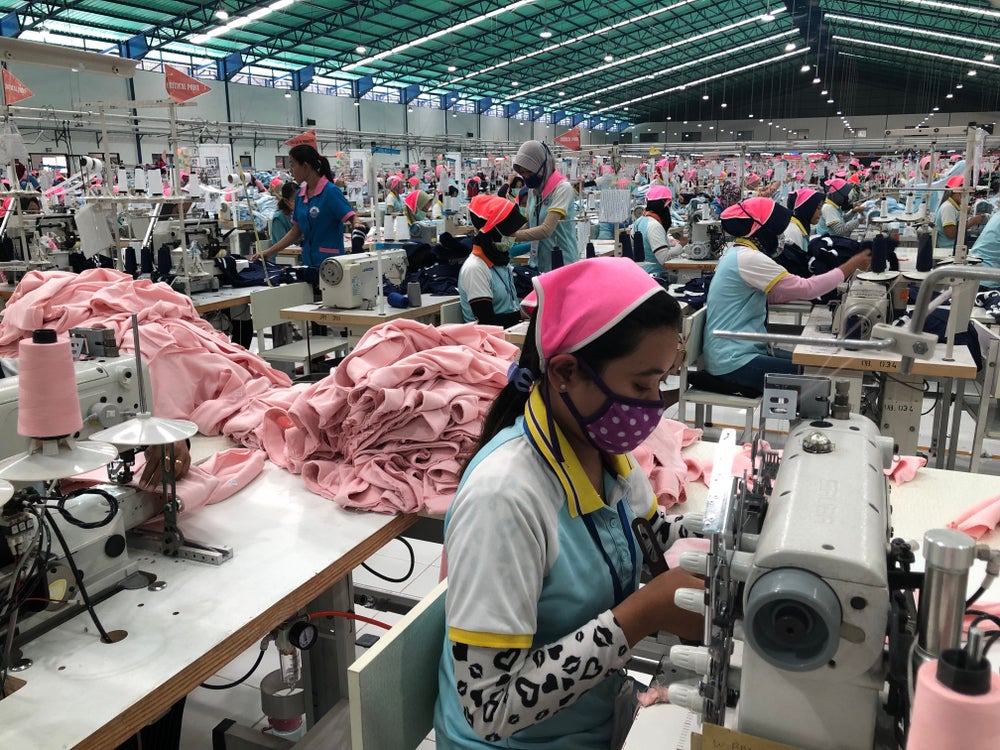The second batch of BAM-1 hybrid spider silk will build upon the first production cycle which was ahead of schedule in June, with the resulting recombinant spider silk slated for sale and use in end-market product development.
The BAM-1 hybrids currently in production are reportedly demonstrating the same robustness and performance shown in spring production trials. This second production cycle is expected to solidify Kraig Labs' production model and reaffirm its position as an industry leader in cost-effective and eco-responsible spider silk production.
Dr Nirmal Kumar, a sericulture expert is set to rejoin the team as the company prepares to cocoon and reel the second batch of BAM-1 hybrid spider silk. He will supervise cocoon production, monitor quality, and lead large-scale selective matings in preparation for a tenfold increase in capacity as the rainy season concludes.
Dr Kumar will also assess the company's progress in expanding facilities, staffing, and equipment to meet its goal of metric-ton-level spider silk production.
“The BAM-1 hybrids, in production now, continue to show the same robustness and performance demonstrated in the spring production trials. Dr Kumar and our team have laid a strong foundation for the massive scale-up in spider silk production, which is now underway,” said the company's CEO, Kim Thompson in a statement.
In February 2024, Kraig Labs announced it had acquired a new recombinant spider silk production centre in Lam Dong Province, Vietnam to serve as the centre of operations for the distribution and collection of the company’s spider silk fibres, yarns and fabrics.
In June, the company said it had started production of its spider silk hybrids a month ahead of its planned launch. At the time, CEO Thompson said: “This cycle puts us securely on the path to reaching our first production milestone of a metric ton of spider silk.”


